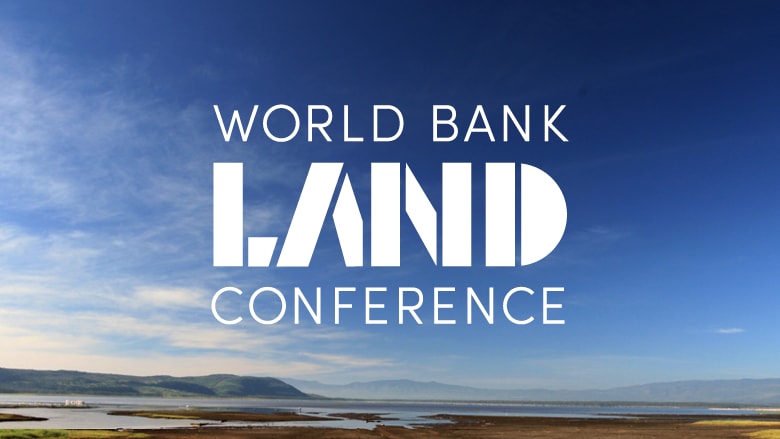Conference
World Bank Land Conference 2024: Achieving Accountability in Land Governance Towards a Just Transition
This session will look at how to move towards better accountability in land governance to ensure more effective and inclusive climate action.
Recent years have seen an increased urgency towards finding coordinated solutions to the global threat of climate change. This has created new pressures on land, an already scarce resource due to land’s role in both carbon emissions and carbon capture. The 2022 Land Gap Report found that an area roughly the size of all global croplands would be needed for the implementation of carbon removal projects to meet all governments’ net-zero commitments. This competition over land coupled with billions of dollars in climate finance and new market actors creates vulnerabilities to land corruption and increases the likelihood of land rights violations. Furthermore, time pressure in climate initiatives may result in poorly designed projects, a deficit of accountability and oversight, and little time to complete impact assessments.
The result: land corruption, land rights violations, human rights violations, carbon credit deals with few benefits or negative impacts for communities, ineffective climate action, non-compliance with regulations and standards, and displacements and evictions.
This session will look at how to move towards better accountability in land governance to ensure more effective and inclusive climate action (sub-theme 3). It will explore the role of secure land rights, including communal and customary rights, in the context of climate action. While Indigenous Peoples and forest communities are key actors in the protection of carbon sinks, studies show that they can only do so effectively with sufficient state support and land rights recognition. Corruption or inadequate land governance can hinder sustainable land-use planning and adaptation measures. Effective and inclusive climate action needs to build on human rights obligations, promote meaningful participation and consultation (FPIC) in land governance, and demand effective remedy mechanism when rights are violated.
Speakers:
Ketakandriana Rafitoson, Vice Chair, Transparency International
Ward Anseeuw, Food and Agriculture Organization of the United Nations (FAO)
Faith Alubbe, Kenya Land Alliance
Ramesh Sharma, Ekta Parishad
Frederike Klümper, TMG Research
Renato Morgado, Transparência Internacional Brasil
There will be an option for virtual participation for the first time this year, and requests for virtual General Registration are now open. Virtual registration is free of charge. More information here.
Date
Time
14:00 - 15:30 (UTC-7)
Organisers
Transparency International
TMG Research
Location
Washington, DC









